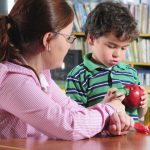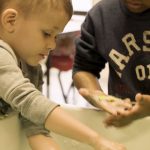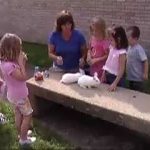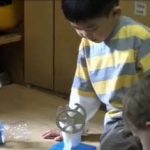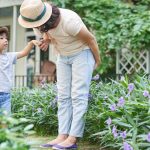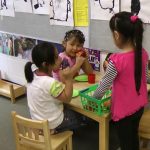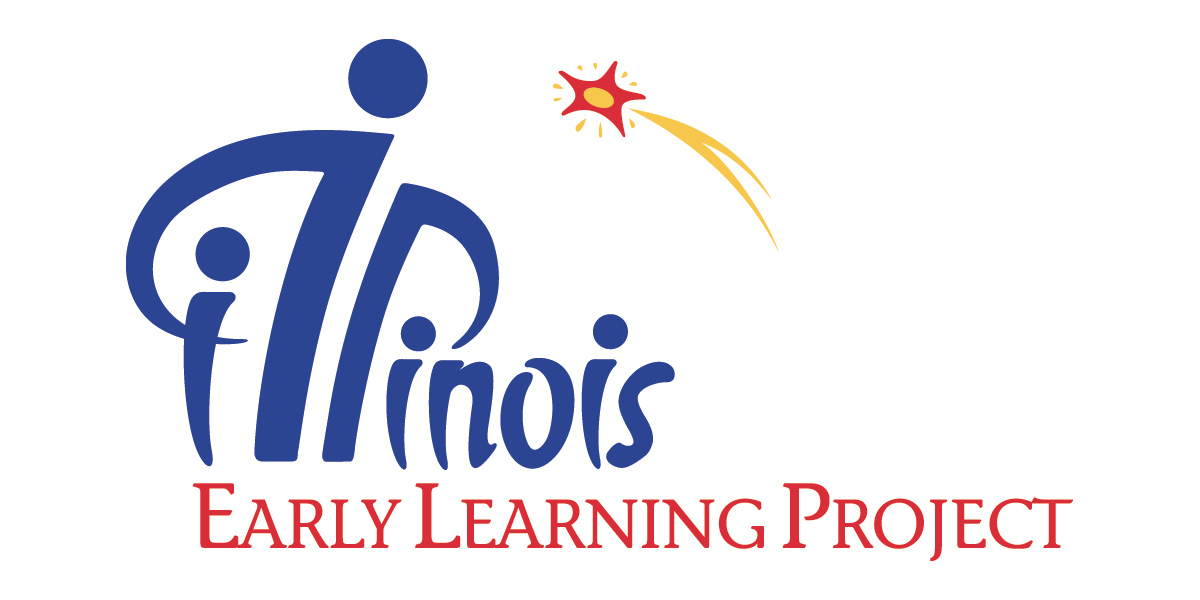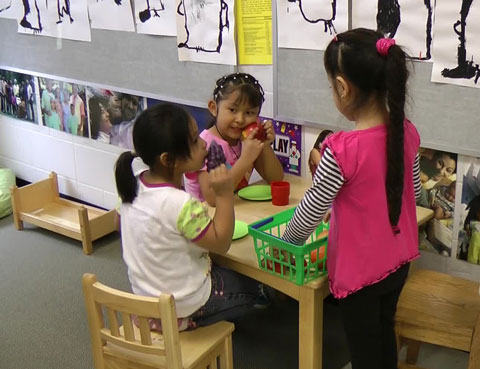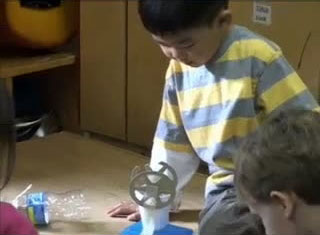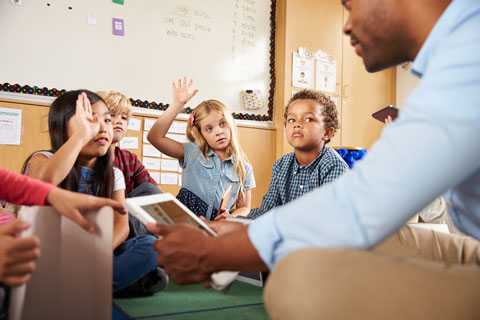IELDS Standard: 1.D.ECa
-
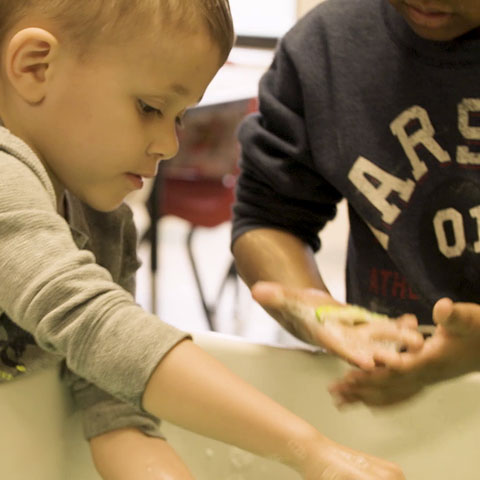
Exploring the Sensory Table
In this video, we watch Cameron and Anthony, both age 4.5 years, as they play at the sensory table in their classroom. Children enjoy exploring materials with their senses. A sensory bin or table is a place teachers can set up opportunities for children to do this type of exploration in the classroom while containing…
-
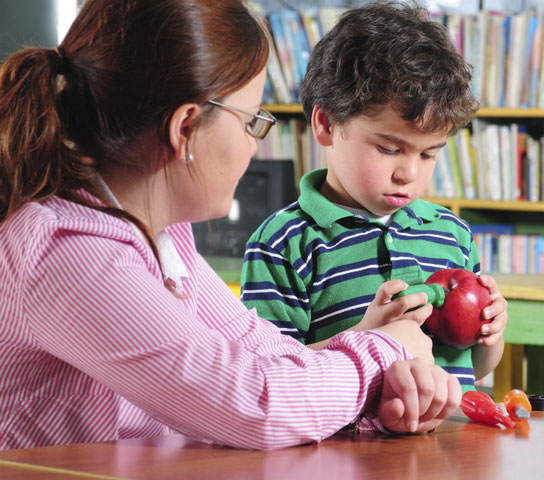
Continuity of Contact
One of the many insights being shared with us from recent research is that different kinds of “stimulation” in the early years contribute to important brain development that has long-term implications.
-
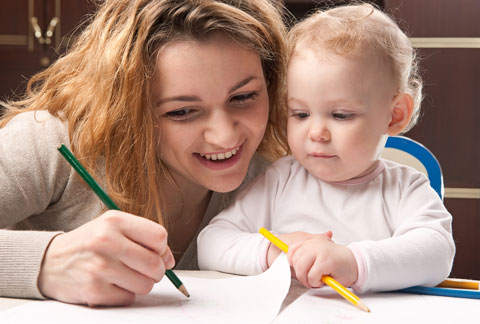
Young Authors at Work: Story Dictations
Preschoolers who haven’t yet learned to write can still be authors when they dictate their stories to an adult.
